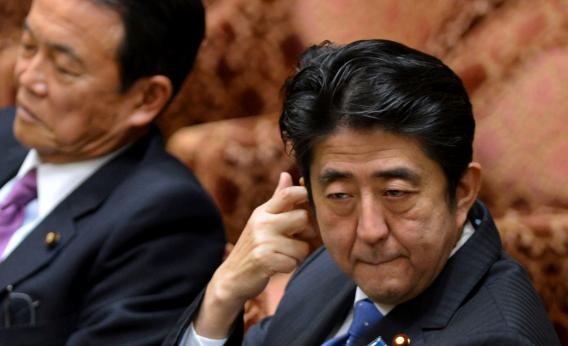One of the concerns I’ve heard raised most frequently about Shinzo Abe’s plans to spur economic growth in Japan with fiscal and monetary stimulus is that this represents short-term thinking that detracts from the importance of long-term reform. But it seems to me that a country ought to be able to walk and chew gum at the same time, and while I won’t pretend to be an expert on Japanese electricity regulation, this sure sounds like a serious reform:
Japan has committed to an overhaul of its electric power sector after Prime Minister Shinzo Abe’s cabinet approved a plan to split utilities’ generation and transmission businesses and open the residential electricity market to competition.
The changes, which will be implemented over five years from 2015, mark the most comprehensive restructuring of the industry since the 1950s, when Japan split its national power provider into 10 regional utilities. The move reflects dramatic shifts in the domestic power industry since the March 2011Fukushima nuclear accident.
Experts say businesses and the economy have much to gain from increased competition, as the high cost of power is seen by many as a disincentive to investing in Japan.
Now maybe this is a terrible idea. But they’re trying. And in general, stimulus should be seen as a complement to reform, not an alternative. When your government is determined to avoid recessions and excess capacity is precisely when real constraints become most obvious and the politics of reform become easiest. The European Central Bank should pay attention and learn to punish bad policy with inflation rather than unemployment.
